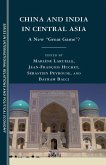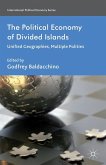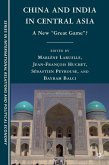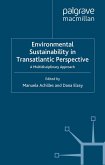The Fukushima nuclear disaster in March 2011 led Japan, and many other countries, to change their energy policies. David Elliott reviews the disaster and its global implications, asking whether, despite continued backing by some governments, the growing opposition to nuclear power means the end of the global nuclear renaissance.
Winner of the CHOICE Award for Outstanding Academic Titles in 2014
'A well-written and engaging account of both the Fukushima accident and the current state of the global nuclear industry. Its analysis of safety issues is especially superb, as is its analysis of recent developments related to nuclear power and its rivals across the globe. The book is clearly must-reading for those wishing to better assess not only nuclear issues, but also global climate and energy policy.' - Benjamin K. Sovacool, Visiting Associate Professor, Vermont Law School, USA








